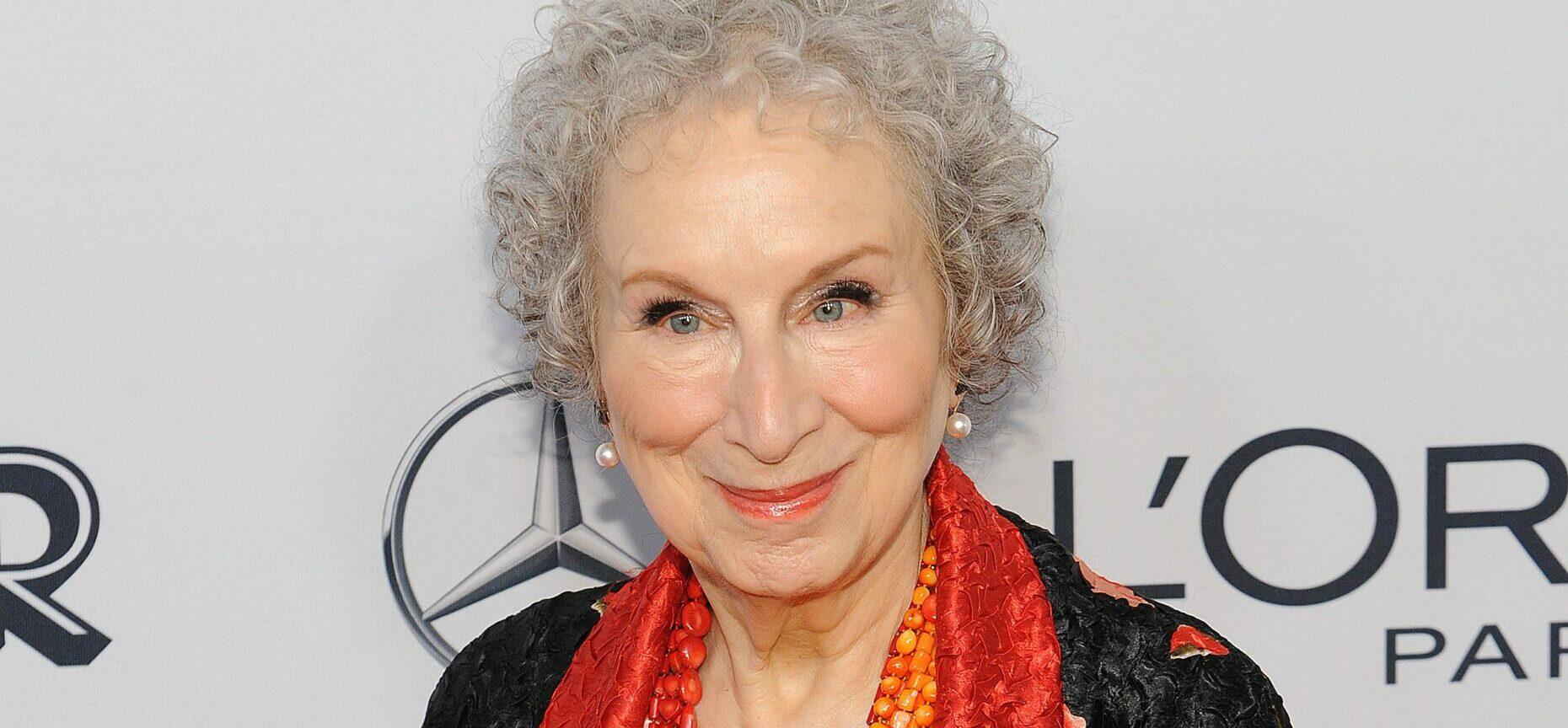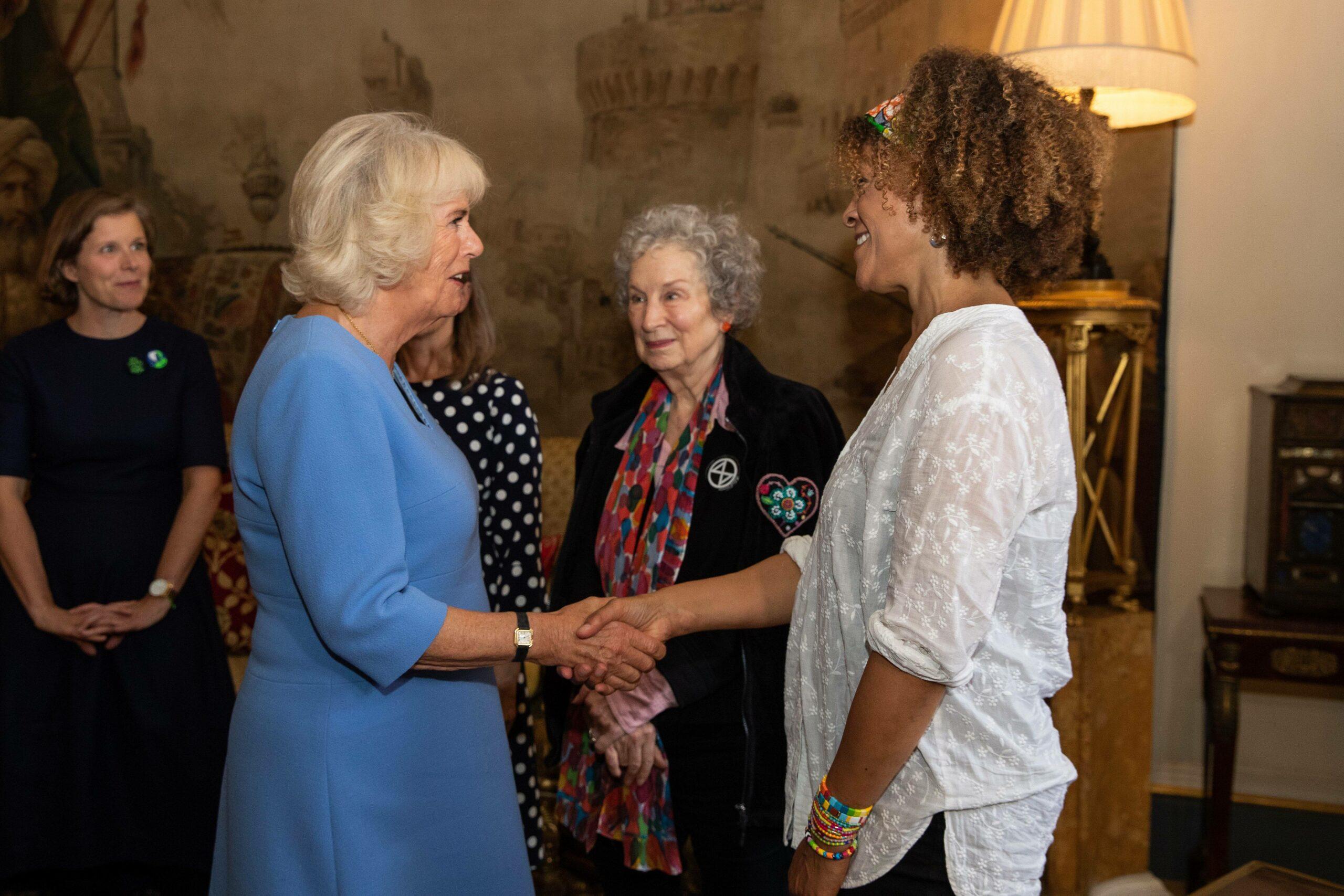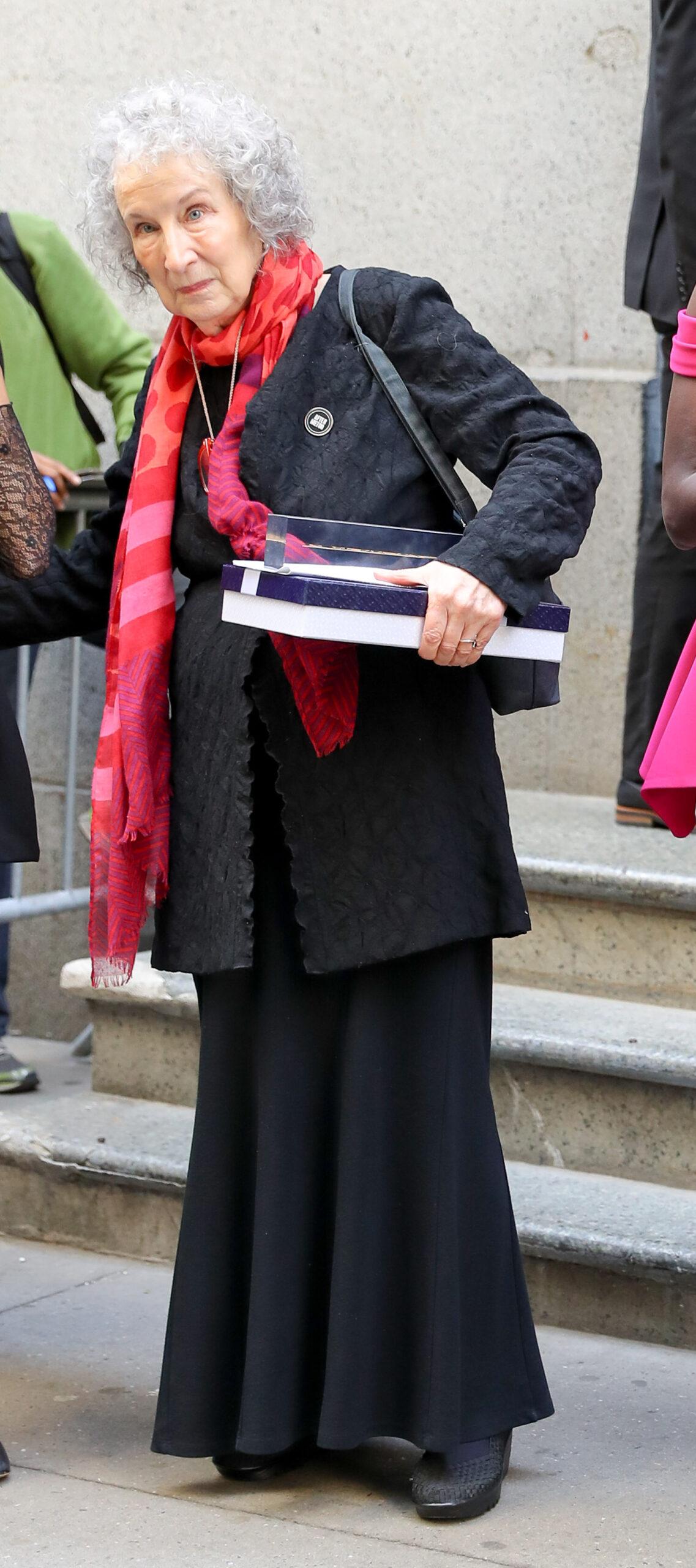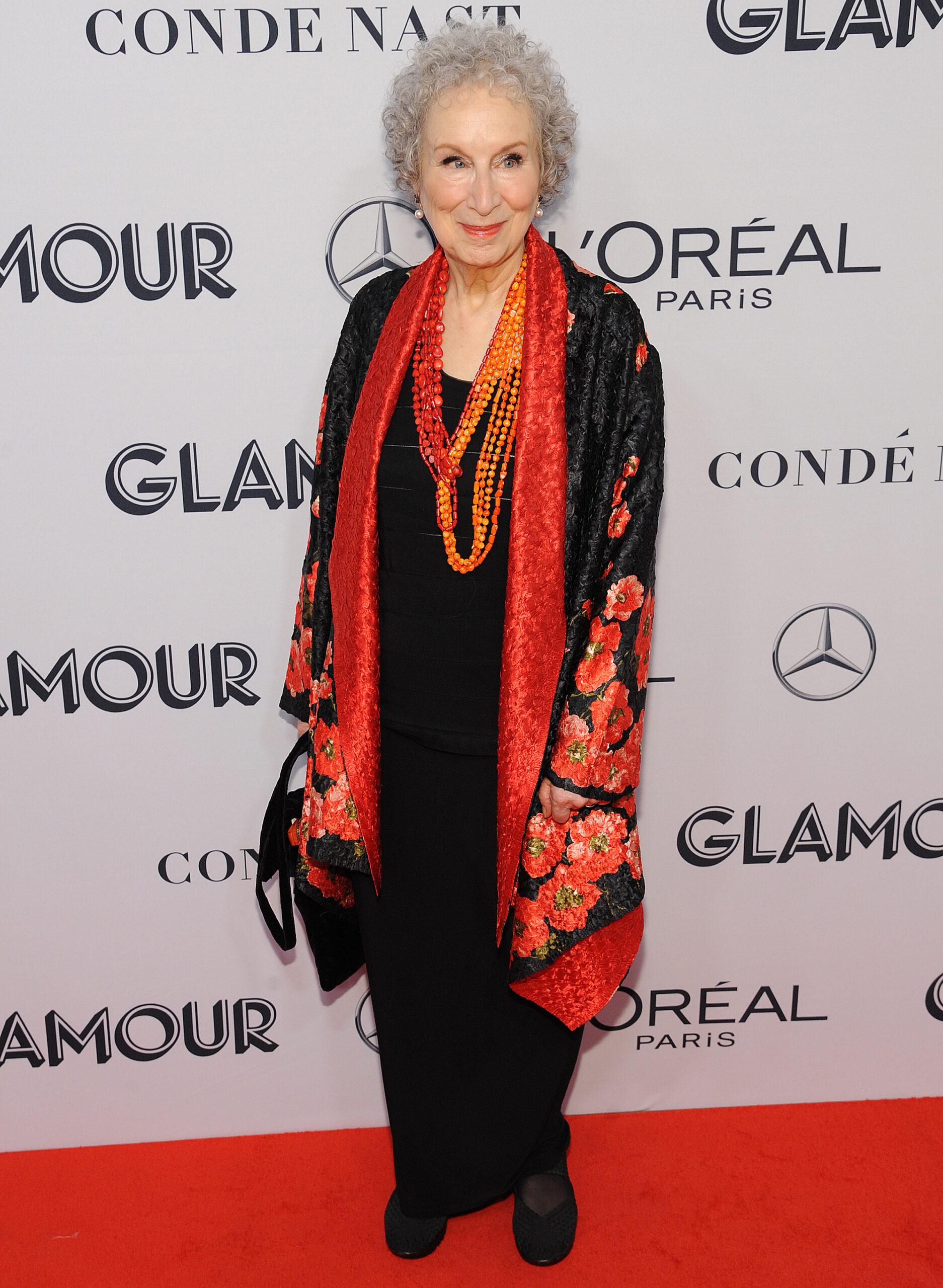Author Of 'The Handmaid's Tale' Margaret Atwood Calls Enforced Childbirth 'Slavery'
By Rima Pundir on May 9, 2022 at 3:15 PM EDT

Author Margaret Atwood, who has also written "The Handmaid's Tale", a 1985 book remade into a 2017 hit TV series streaming on Hulu, is back to championing women's rights. An excerpt from her March book of essays "Burning Questions" has been published by The Guardian and the celebrated Canadian author minces no words.
This comes on the heels of the leaked news that the Supreme Court is poised to overturn Roe vs. Wade, banning abortions, which is being seen as a regression of women's rights by not just Atwood, but nearly all women.
First Off, Let's Talk About Roe vs. Wade

The US Supreme Court is expected, soon, to pronounce a ruling in a Mississippi case that challenges a state law banning most, if not all abortions, after 15 weeks of pregnancy. In the original 1973 Roe vs. Wade case, formerly banned abortions were allowed, letting women have independence over their bodies, choosing whether they want to carry their pregnancy full term or not.
If this precedent is rejected by the Supreme Court, it could end up eliminating abortion access to more than half of the women in the US, and end up forcing many pregnant women to have to carry their pregnancies to full term. Only a handful of states are left with abortion protection in place, which has activists like Margaret Atwood up in arms over the fact that women will lose control over their own bodies.
Margaret Atwood Compares It To Army Conscription

"Women who cannot make their own decisions about whether or not to have babies are enslaved because the state claims ownership of their bodies and the right to dictate the use to which their bodies must be put,” said the author.
She then compared it to forced conscription in the army, like in the case of the Vietnam war when men, boys really, were drafted. Wrote the 82-year-old, "The only similar circumstance for men is conscription into an army. In both cases, there is a risk to the individual’s life, but an army conscript is at least provided with food, clothing, and lodging. Even criminals in prisons have a right to those things. If the state is mandating enforced childbirth, why should it not pay for prenatal care, for the birth itself, for postnatal care, and – for babies who are not sold off to richer families – for the cost of bringing up the child?”
The essay and the situation itself remarkably mirror the dystopian novel Atwood is most famous for, "The Handmaid's Tale" about a free woman turned handmaid named Offred. Played by Elisabeth Moss in the Hulu TV series, the tale is based in the fictitious Republic of Gilead where Offred serves her Commander and his infertile wife as a slave. Later, she becomes an incubator for the couple’s children, conceived by rape.
Atwood Continued Her Op-Ed On Abortion Rights

The author felt that if the country or state is very fond of babies, that should help lift the women out of poverty. She wrote, "if women are providing a needed service to the state – albeit against their wills – surely they should be paid for their labor. If the goal is more babies, I am sure many women would oblige if properly recompensed. Otherwise, they are inclined to follow the natural law: placental mammals will abort in the face of resource scarcity."
She also made it clear that if a woman chooses to have a baby, it's a different ballgame altogether, because, at that time, it's a gift. By the very definition of a gift, it has to be "freely given and freely received."
She ended her essay with a flourish, "A gift can also be rejected. A gift that cannot be rejected is not a gift, but a symptom of tyranny. We say that women “give birth”. And mothers who have chosen to be mothers do give birth, and feel it as a gift. But if they have not chosen, birth is not a gift they give; it is extortion from them against their wills. No one is forcing women to have abortions. No one either should force them to undergo childbirth. Enforce childbirth if you wish but at least call that enforcing by what it is. It is slavery: the claim to own and control another’s body, and to profit by that claim."